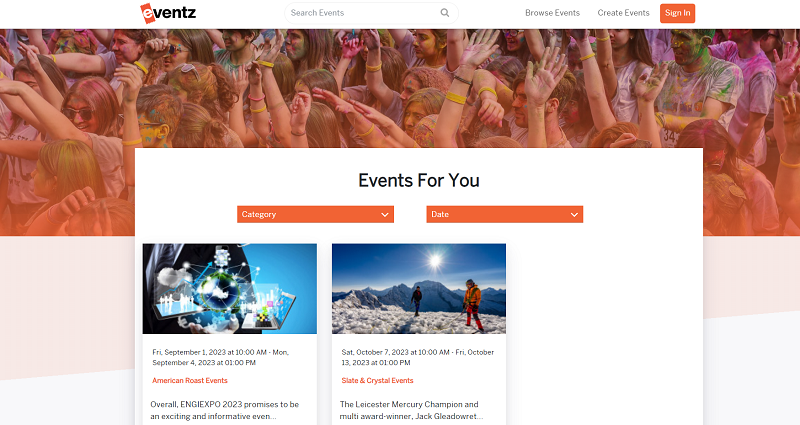As the events industry becomes increasingly digital and decentralized, open-source event ticketing platforms are emerging as powerful alternatives to traditional proprietary systems. In 2025, this shift is expected to accelerate, driven by demands for flexibility, transparency, and community-driven innovation.
This blog explores the key trends shaping the future of open-source event ticketing in 2025 — and how organizers can harness them for smarter, more impactful events.
1. Decentralization and Ownership of Data
In a world where data privacy is a growing concern, open-source ticketing platforms empower event organizers to take full control of their attendee data. Unlike closed systems, open-source solutions allow for custom data storage, usage policies, and advanced security measures — all built around transparency.
2. AI and Automation for Smarter Operations
Open-source ticketing tools are increasingly integrating AI modules for dynamic pricing, attendee behavior prediction, and personalized promotions. Expect to see more plugins and integrations that use AI to reduce manual workload and improve the attendee journey from registration to check-in.
3. Blockchain and NFT Integration
2025 will see a broader adoption of blockchain technology in open-source ticketing. From fraud-proof digital passes to NFTs that double as event memorabilia or loyalty tokens, blockchain is adding a new layer of trust, security, and value to event access.
4. Community-Driven Innovation
One of the defining advantages of open-source software is its community. In 2025, the open-source ticketing space will thrive on global collaboration. Developers and organizers will co-create features, fix bugs rapidly, and build specialized solutions for niche event needs — all without waiting on a commercial vendor.
5. Mobile-First and Contactless Experiences
With mobile usage at an all-time high, open-source platforms are optimizing for touchless, app-based experiences. Expect more mobile-friendly interfaces, QR-code scanning tools, and integrations with digital wallets — all customizable through open codebases.
6. Hybrid and Virtual Event Support
As hybrid events continue to rise, Event digital ticketing solutions are adapting with features like integrated live stream access, time-zone-aware scheduling, and attendee interaction tools. Flexibility is key — and open systems are built to evolve with changing event formats.
7. Sustainability and Scalability
Digital ticketing reduces environmental impact, and open-source solutions help scale that advantage. In 2025, expect to see more organizations using eco-conscious, scalable platforms that grow with their events — without licensing fees or vendor restrictions.
Final Thoughts
The future of event ticketing lies in openness, innovation, and adaptability. By embracing open-source solutions, event organizers not only save on costs but gain the freedom to customize, innovate, and connect more meaningfully with their audience.
Visit More : What Technology Does a Netflix Clone Use for Streaming?





Comments